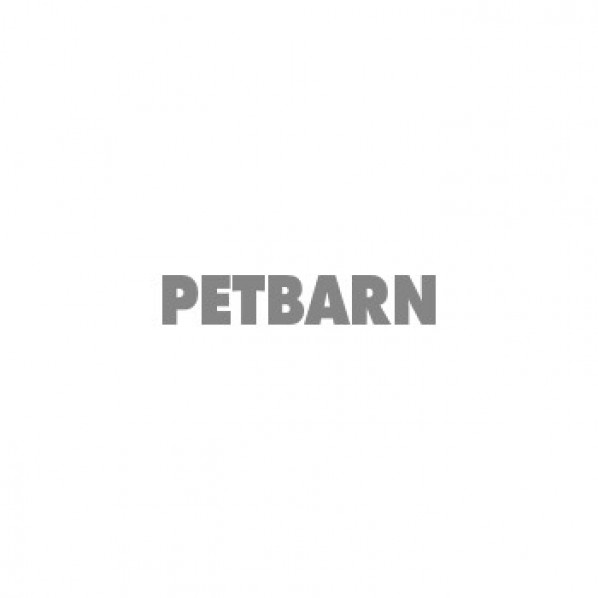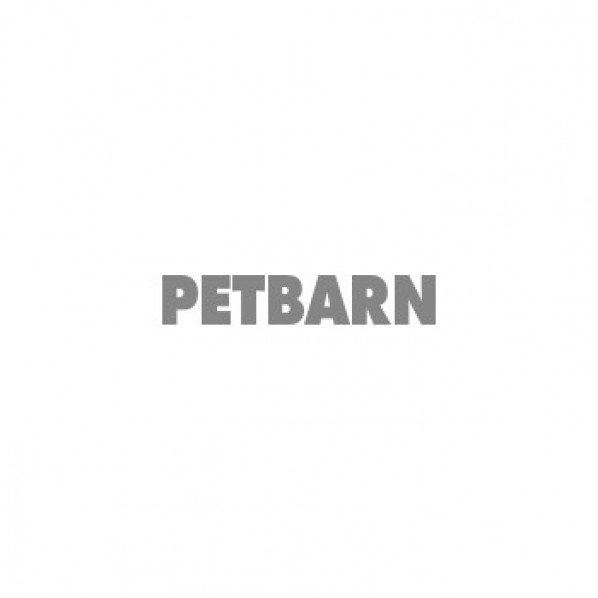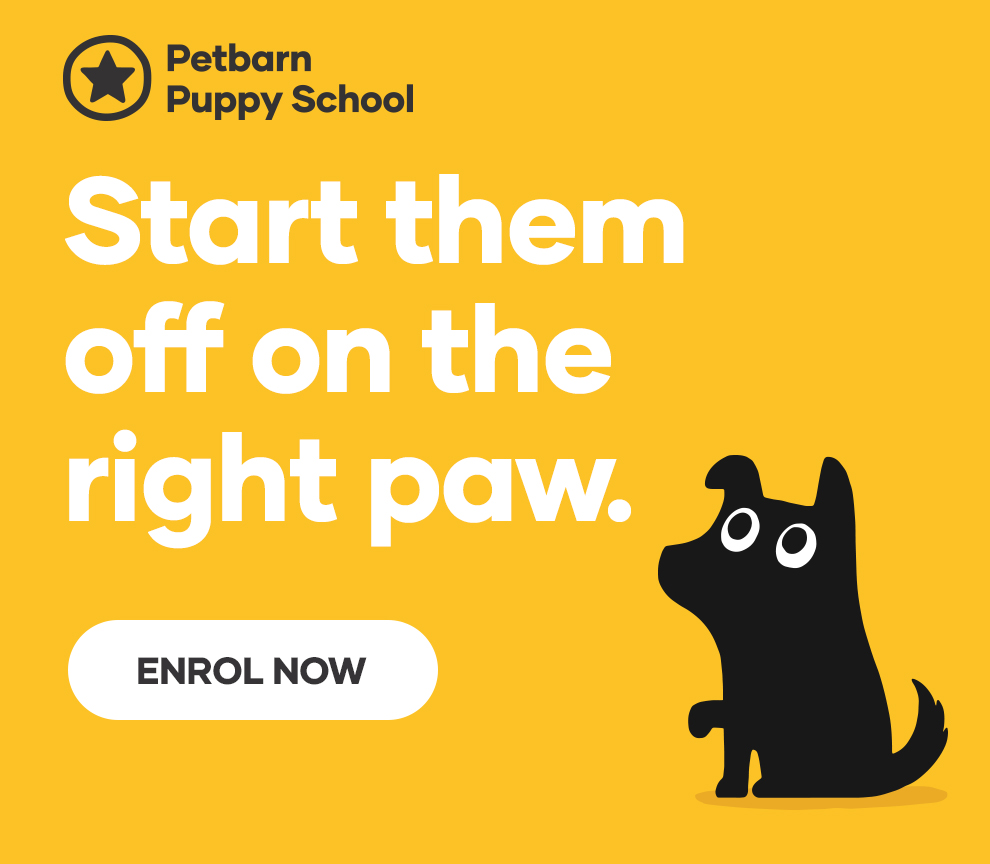We have all experienced the difference between a well-behaved and a poorly behaved dog. Which one your puppy turns out to be will have a lot to do with how much work you put into puppy training.
It’s important to start training your puppy with simple cues as early as possible.
“Puppy training provides them with mental stimulation which helps reduce boredom and unwanted behaviours, developing a happy confident dog,” says Serena Dean, Veterinary Behaviour and Training Manager for Greencross Vets. “We recommend to start training your puppy as soon as they come home using positive reinforcement and enrolling in puppy school so they can learn how to make friends in a safe and fun environment.”
Here’s our best puppy training tips on putting the right practices in place at the beginning of you and your puppy’s journey, so you can live together harmoniously.
Have regular, short puppy training sessions
Puppies, just like kids, have a short attention span so holding their attention is key to fostering good habits. A top puppy training tip is to pick your training times carefully. Remember that the best time for training is when your dog has a high state of alertness. We all know the excitement that comes before meal or play times, so use this as a time to train your pet.
Ideally, you should dedicate some time daily to puppy training. A way to establish good habits for your puppy early is through repetition. If you make a commitment and lead by example, you’re making a good start to the training process. Short training sessions throughout the day – around the 5-10 minute mark – are the best way to keep them interested and make sure your puppy training session is successful.
Choose your words wisely
Keeping the word you use as the cue as simple as possible is your best plan of attack. Use short, one word cues like ‘sit’ or ‘down’, as these are less confusing for your puppy. Read our article on how to teach your puppy to sit, stay and more for puppy training tips on basic cues.
Always use your puppy’s name to get their attention before you give them a cue. Remember don’t use their name in place of a cue. For example if you want your pet to come to you, ‘Rover!’ is not the same as giving them the clear cue of ‘Rover! – Come!
Use the right equipment
It goes without saying that our puppies are precious, so keep their safety in mind during training. When you’re focusing on walking on the lead, be sure to use a training lead so you and your puppy can make a smooth transition into good behaviour and help them become accustomed to road safety.
Puppies often respond well to treats as training rewards but after a few sessions you may soon be overfeeding them. Make sure you use puppy training treats that are designed to be healthy and nutritious for your pup.
Recommended Products for Training
Be consistent in your words and actions
Whether or not it’s intentional, your puppy is constantly learning from your reactions – what you say and how you say it. Take into account the words you use, your tone of voice and body language. When you’re in puppy training mode, it’s vital that you praise and command your puppy consistently. Keep up a positive tone as training should always be fun.
If multiple members of your household are going to be training your puppy, agree beforehand on the cues that you’re going to teach them. For example if you’re trying to teach your puppy that ‘drop’ means to lie on the ground, but another family member is teaching them ‘drop’ to drop a ball, your puppy will become very confused and training will become difficult.
Don’t lose your temper
It’s important to remain level-headed and refrain from punishing your puppy. Try to remember that not only is your puppy still young, they’re also simply doing what dogs do. Physical punishment is not an acceptable way to train a puppy, and can lead to anxiety and aggressive behaviour. Rather than punishment, Serena recommends positive reinforcement.
“If your puppy is behaving inappropriately it is vital that you ignore the unwanted behaviour and positively reinforce good behaviours,” Serena says. “Your puppy will learn to do the good behaviours more often. An example of this is jumping. If your puppy jumps up on you, instead of pushing them down and potentially starting a game ignore them by turning your back or stepping to the side. Once your puppy has all four feet on the floor or is in a sit position, praise them with lots of love and attention. Your puppy will learn that you like it when they are sitting and will greet you at the door sitting patiently for their hello.”
Remember that this is a learning phase, so it doesn’t pay to lose your temper. Being patient with your puppy as you navigate this stage together will lay a strong foundation for your relationship moving forward. Encourage them and give them lots of love to reinforce your lessons and help them work out what you want from them.
Enrol in puppy school
Group puppy school is as much training for you as it is for your puppy. It teaches you how to understand your puppy and the key methods of training them, and teaches your puppy basic manners. Puppy school also gives your pet the opportunity to socialise with other puppies and people – an imperative for your puppy to grow into a well-adjusted dog that isn’t fearful or aggressive in new environments. Petbarn and Greencross Vets are dedicated to providing friendly and outstanding service to all passionate pet parents and have partnered together to run our Puppy School program. Register your interest today!






